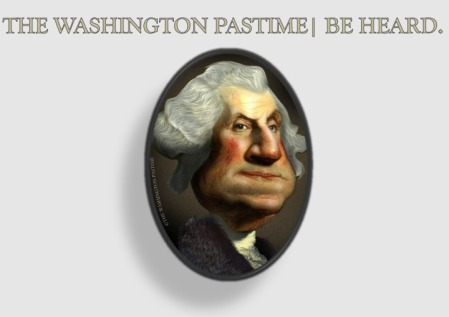A man of incredible strength goes on a journey of twelve labors to rectify his past. A young king takes the throne after pulling a sword from a stone, and through a round table reaches out to history. A ritual of knowledge leaves a Norse god hanging from a tree pierced by his own sword for nine days. These are the stories of Hercules, of King Arthur, of Odin. They are stories of legend, and they ring familiar to readers in most parts of the world. The power of these stories is based on their mythological skeleton, imparting not only a sense of adventure, but of knowledge of how the world works. These stories exist through time, reminders of our humanity, past, future, and present.
Legends are cut of the same cloth as mythology, bringing an important dynamic into how they are used. Mythology is a source of collective knowledge, idea of the public domain and influences. Certain myths are common to specific groups or areas, and they inform us of things we might be unable to understand otherwise, like the origin of humanity and why nature is as it is. As Joseph Campbell said, “myths are public dreams, dreams are private myths.” The elements that make mythology an important tool in writing is both their fluidity and their universality. Invoking mythological elements is a good way to bring in your audience and establish a connection with them. Because myths have that universal connection, they are free to shift and change, evolving in and with your story. Myths survive because while they are loyal in ideology to their origins, their structure adapts. Legends are more often based in a historical period or situation, perhaps even with real characters, but progress with events that move into the realm of mythology.
Take, for example, the legend of Hercules. Hercules, part god and part human, was spellbound and killed his wife and children. To atone for his sins, he embarks on a quest of twelve labors, different tests of skill, strength, and intellect. While on the surface this story is a tale of Greek gods and monsters, it invokes universal themes of fate, remorse, struggle, and sacrifice. As we journey with Hercules as he comes closer and closer to salvation, we learn that the human struggle to understanding is hardly different.
Arthurian legends are also classic and oft told. There are many stories around King Arthur, his knights of the round table, Queen Guinevere, and her paramour Lancelot. They embody chivalry, adventure, and honor, but these stories go deeper into politics, history, and human nature. In 1958, T.H White renewed the story of Arthur and his court in his book, The Once and Future King, wherein Camelot is placed as a story of utopian ideals clashing with a totalitarian regime. The classic legend is renewed in the shadow of post World War II Europe, proving that stories that originated before we can remember still have power and validity through time.
The story of Odin provides the kind of cosmological illumination myths are famous for. Odin, father of Thor, is involved in creation myths, knowledge seeking myths, and death myths. Following the legends of Odin provides a glimpse into both how the universe operates and how humans operate within that universe.
There are many other classic legends, such as The Epic of Gilgamesh, Robin Hood, Blackbeard, and even newer ones, like the Legend of Sleepy Hollow. As the world (and literature) becomes more accessible and connected, we are able to read legends from all over the world, and let that influence our modern work. To conduct your own research for your writing, try exploring the excellent following source: Encyclopedia Mythica: Mythology, Folklore, and Religion [redirect: http://www.pantheon.org/] or Theoi Greek Mythology, Exploring Mythology & the Greek Gods in Classical Literature & Art [redirect: http://www.theoi.com/]. Understanding both the legends themselves and the power they hold will make readers more aware, and writers more powerful.




